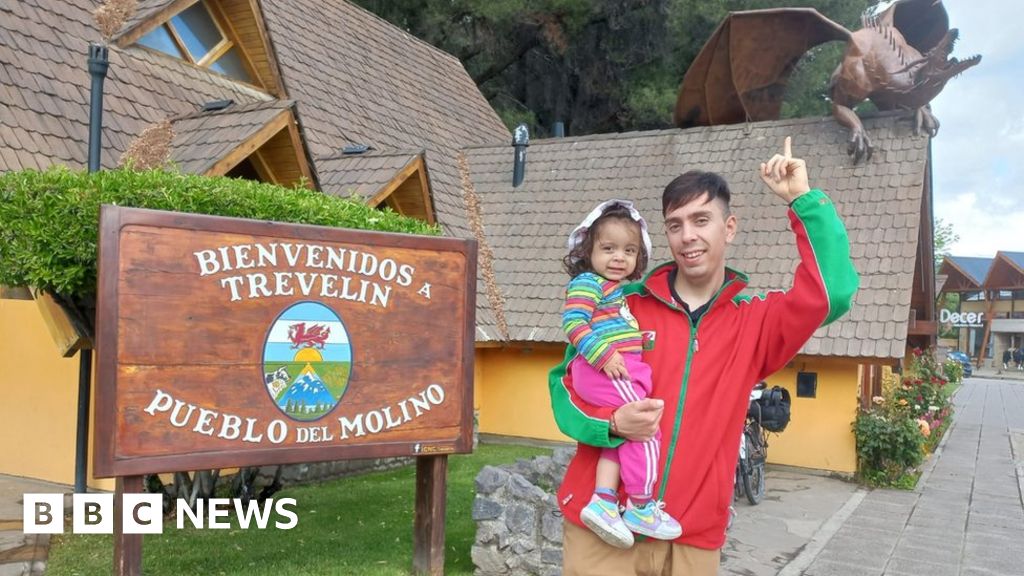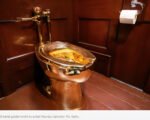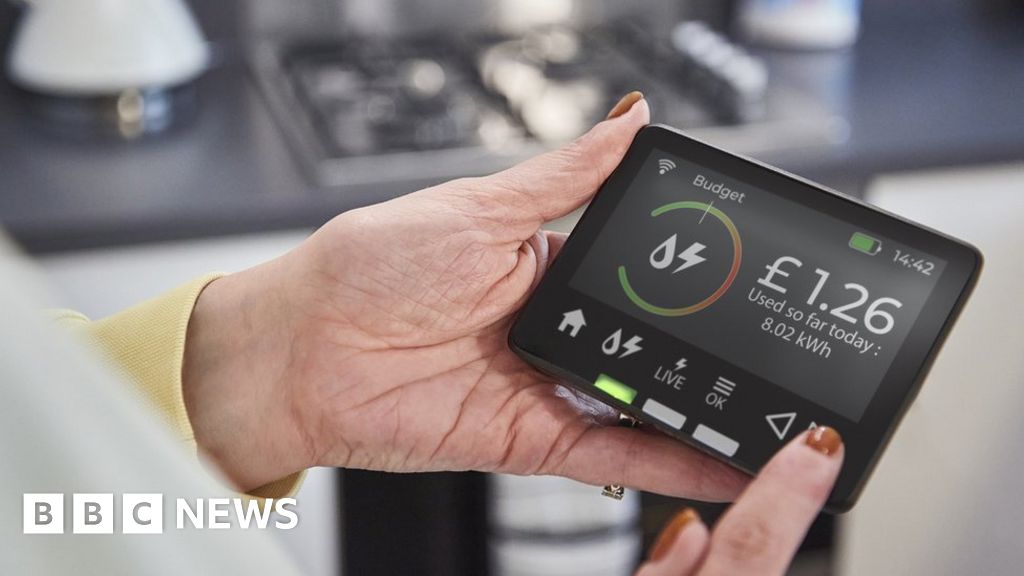
David’s hero is Owain Glyndŵr
A Wrexham fan from Argentina’s Welsh-speaking area of Patagonia is desperate to get to the Racecourse next season.
David Mardones has been in love with Wales’ oldest football team since 2019 – before the club’s Hollywood takeover by Ryan Reynolds and Rob McElhenney.
The Red Dragons are soaring again after sealing promotion back to the Football League after a 15-year absence.
David’s only problem? He’ll have to travel more than 7,000 miles (11,265 km) to get to a game.
The process that led to David becoming a Wrexham fan began in 1865, a year after the club was formed, when 153 Welsh pioneers set off for South America on a clipper ship called Mimosa.
The Welsh-speaking community established afterwards – Y Wladfa – has endured, with between 2,000 and 5,000 Argentines speaking Welsh to this day.
David takes great pride in being one of them.
“My connection to Wales comes from my mother’s roots, she instilled in me the Welsh traditions,” he said.
“The language is something that I learn every day, here in Patagonia we are committed to expanding both the culture and the language and to preserve it.
“My grandparents surname was Jones. One of them lived in the Patagonian mountain ranges at 16 de Octubre.”
Image source, David Mardones
David lives in Dyffryn Camwy – The Camwy Valley – which is part of the province established by Welsh colonists in the 19th Century
The 16 de Octubre valley – or Cwm Hyfryd – is the name given by the Welsh settlers to the area of Trevelin and its surroundings in Patagonia.
Now, David is looking to the future, as he passes on his passion for Wales to the next generation.
“My daughter is two years old. She has a Welsh name – Aderyn Bryn. She will be the one to continue honouring the Welsh culture in Patagonia,” he said.
Image source, David Mardones
The Trevelin flag features the blue and white of Argentina’s national flag and Y Ddraig Goch – the red dragon of Wales
David was contacted by some Wrexham locals after posting pictures on a Welsh Pride Facebook group.
“One of them – who is like my brother – is Tudur Dylan Jones. Talking to him a long time ago around 2019, he told me ‘I am a fan of Wrexham, you must also become a fan, the first in Patagonia’,” he said.
“I was excited about the idea and when we created the Y Wladfa Wrexham fan group, we began to have connections with many people.
“It is my dream to go to Wrexham and be at the Racecourse celebrating goals surrounded by fans. I think about it every day.
“There were hard seasons, the previous season we were close. This time it was completed. I shed tears of joy.”
Wrexham’s 3-2 win over title rivals Notts County – which cemented their position at the top of the National League after a Ben Foster penalty save – stands out in David’s mind.
“I followed the game minute-by-minute on Google and through Facebook on the official page. I really had a lot of anticipation and expectation,” he added.
David is now fundraising in his community for his trip to Wrexham.
Image source, David Mardones
David and Daniel Hughes (left) – president of the St David’s Association in Patagonia – follow Wrexham religiously
Cefyn Burgess is a textile designer and artist from Bethesda, Gwynedd.
He was in Patagonia for the 150th anniversary of the Mimosa landing in 2015 to explore the relationship between the Welsh, Argentine and indigenous people.
“The connection to the Mimosa is a factor of their roots and identity and also an expression of their pride in the achievement of their forefathers in turning a desert into a promised land,” he said.
“They are Argentinian first and foremost, but proudly Welsh.”
Image source, Cefyn Burgess
Cefyn pictured in front of Trelew town hall before meeting the mayor
He added the association with the descendants of those from the Mimosa had given a strong sense of belonging to the people of Y Wladfa.
“This is evident in the strength of the eisteddfods, chapels, the gymanfa ganu and the flourishing Welsh schools,” he added.
“Today, the Welsh community is a major tourist destination to experience the Welsh tea rooms with their own version of Bara Brith (Torte Negra) and listen to the Welsh choirs.”
But how does a Patagonian eisteddfod compare?
“A very different experience, lively vibrant and chaotic at times, enthusiastic and a wonderful blending of Argentinian and Welsh music, dance and poetry,” Cefyn said.
Image source, David Mardones
They have their own version of Bara Brith (Torte Negra) in Patagonia
Beth Owen was part of the first team to go to Patagonia post-Covid on the British Council’s Welsh-language project.
The adult Welsh tutor from Bridgend was there from August to December last year.
“I took part in three eisteddfods over there,” she said.
“They have a Spanish and Welsh reciting which is lovely.
“They’ve still got a strong Spanish identity but they are very proud of their Welsh identity as well.
“Even if they spoke no Welsh, they would talk about their Welsh blood.”
Image source, Beth Owen
Beth Owen lived in Patagonia for four months
The biggest shock – and moment of pride – for Beth came at the end of the school day.
“The children sing the Welsh national anthem at the end of each day,” she said.
“I had to pinch myself when that happened. If you think we sing it well in the stadiums, you should hear them.”
Image source, Beth Owen
A celebration of the Eisteddfod del Chubut
Record inflation rates of more than 100% have meant the cost of living is high for the Welsh-speaking community and Argentines in general.
However, Beth is hoping she can return one day, adding: “It was an absolute pleasure to be part of it and I’m so grateful to the whole Welsh community.
“I would go back in a heartbeat – I’ve made friends for life.”










